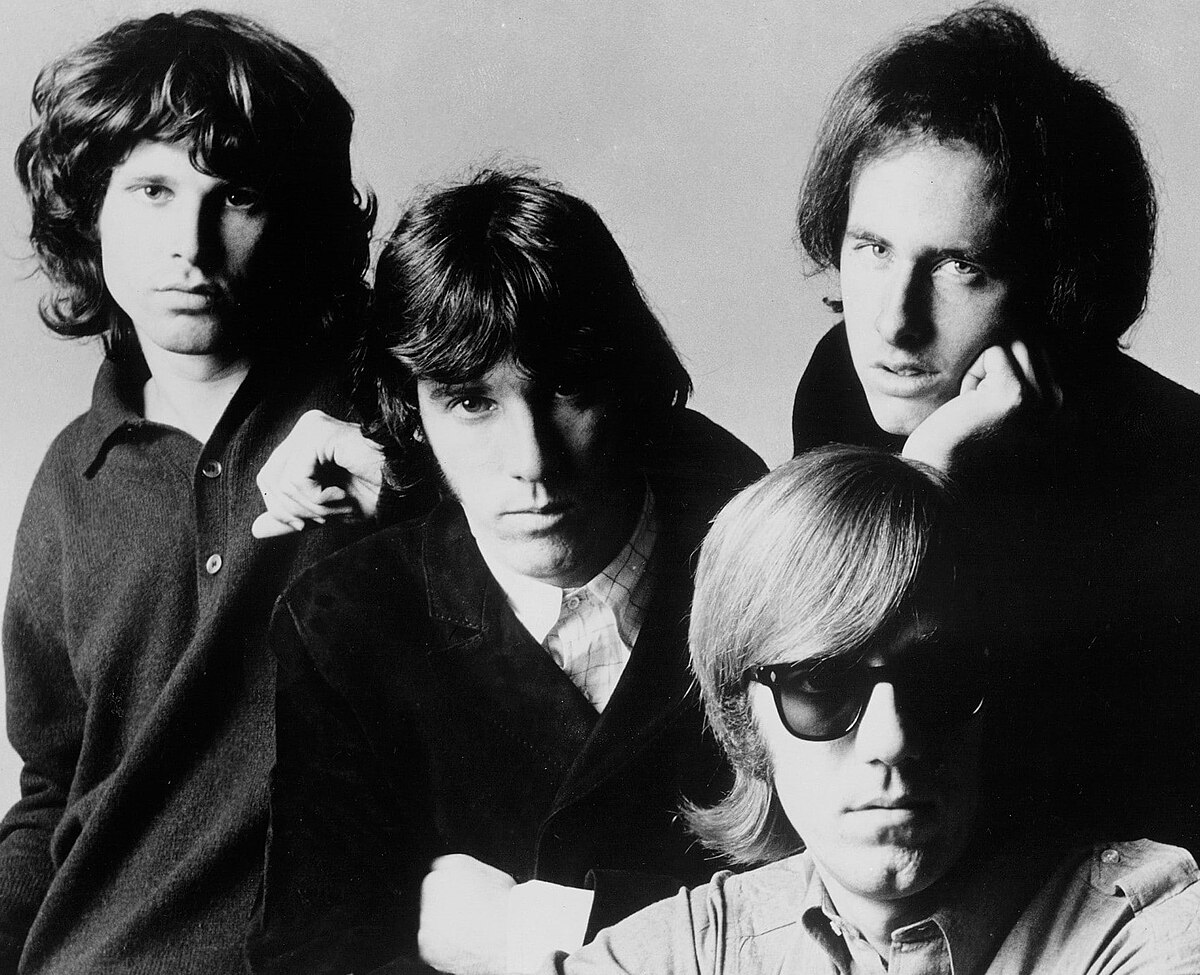William Blake's Influence on Music/Culture in the 1960s and 1970s
William Blake's resistance to the status quo, manifested within his imaginative and evocative imagery, went unappreciated in his time, but the social and cultural movements of the 1960s and 1970s turned to William Blake. For example, in 1967, the rock band the Doors released the song called "End of the Night" where the singer Morrison sang lyrics directly pulled from Blake's "Auguries of Innocence." Morrison mirrored the religious imagery that Blake drew on. Besides the Doors, Blake's art and perspectives inspired Bob Dylan. Although not explicitly referencing Blake, other metal bands, such as Black Sabbath, reflect the sociopolitical turmoil of the 1960s and 1970s as activism groups advocated for civil, queer, and womens' rights in the wake of the Vietnam War. The themes of governmental oppression witnessed within Blake's work also reverberate in the music of the 1960s-1970s with both music and Blake demanding resistance to the systems in place.
The Doors, 1966, from Wikipedia.com

